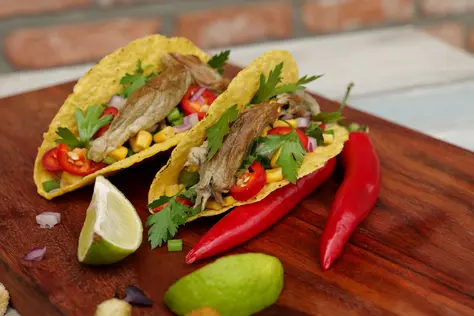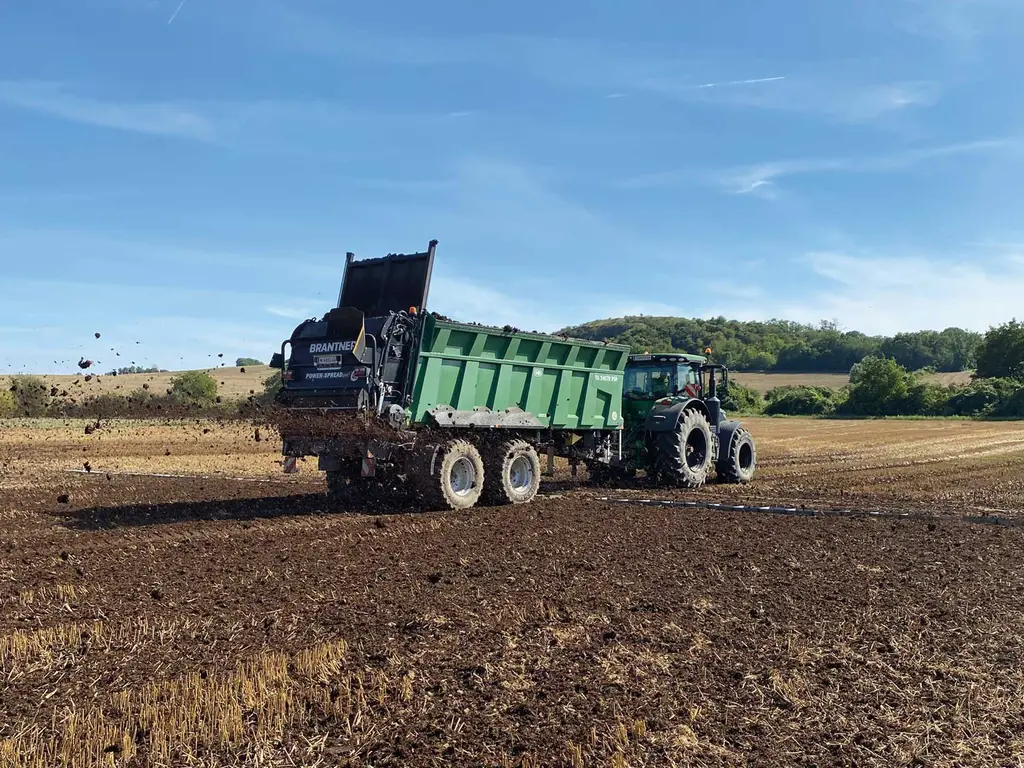Daniel Lampart from Switzerland is a farmer and grows grain maize, rapeseed, barley and wheat. He also keeps 4800 laying hens and runs a biogas plant.
His second pillar is the planning and construction of biogas plants as managing director of the company Agrigas.
Mr Lampart, you have your own business and you are the managing director of a biogas plant manufacturer. How do you organise your working day?
With 17 hectares, the organisation of my own farm is relatively straightforward. It's important for me to have good employees that I can trust and to know that the farm is being kept under control and that the day-to-day work is being done when I'm on the road for Agrigas.
What are the advantages of biogas compared to other renewable energies?
Our biogas plant works with 85% farmyard manure and 15% co-substrates. The co-substrates come from the region and consist of residues from grain processing, waste from fruit sorting, fat separation and other residual and waste materials. Farmyard manure, i.e. dung and slurry, is also available in sufficient quantities in our region. The cultivation of renewable raw materials such as grain and maize as substrates for biogas plants is prohibited in Switzerland.
With the fermentation residue from the biogas plant, I have a good quality fertiliser for which there is a great demand. I therefore generate more added value with the biogas plant than with a photovoltaic system
Biogas is the easiest way for us to produce electricity, as the pipes are already in place. The heat generated is used on our farm and that of a neighbour. In summer, we use it to dry hay.
Our biogas plants from Agrigas are always built according to the same pattern. Only the size is adapted. They have to be efficient and simple.
It is also important that high-quality components are used to ensure the efficiency of the biogas plant so that repairs and malfunctions do not result in costs and frustration.
You practise arable farming. Are you feeling the effects of climate change? How was the harvest this year?
Sure, we are feeling the effects of climate change. It's characterised by less snow, less rain and hotter summers. Some of the crops are ready for harvest earlier. The growing season is longer.
In some cases we have higher yields, especially in grassland. This year's harvest was very pleasing, we were able to achieve very high yields, especially with barley. We have also recently started growing triticale instead of wheat, as triticale is more suitable for our region and offers greater yield potential.
What is the situation in Switzerland regarding the use of plant protection products compared to the EU?
As we are not in the EU, we do not have to implement EU measures. However, we also have strict regulations in Switzerland when it comes to plant protection. The entry of spraying agents into bodies of water through drift must be avoided and distances from surface waters must be maintained.
Plant protection products that were previously permitted are being banned, which is causing problems, particularly in rapeseed and sugar beet cultivation.
Without pesticides, we achieve lower and often poorer quality yields. However, we have the challenge of producing our own food and animal feed and not becoming even more dependent on foreign countries.
Anyway, I am happy when I can harvest something that I have been caring for throughout its growing season.
Eating behaviour is changing. In your opinion, will conventionally produced meat be a niche product in future?
Our consumers' eating behaviour is primarily based on their wallets. However, there are also consumers who prefer regional products and for whom price plays less of a role. However, I think that conventionally produced meat will continue to be the best-selling meat.
Here in Switzerland, QM meat from conventional farming is the most popular. Then come the many labels and organic products.




















































